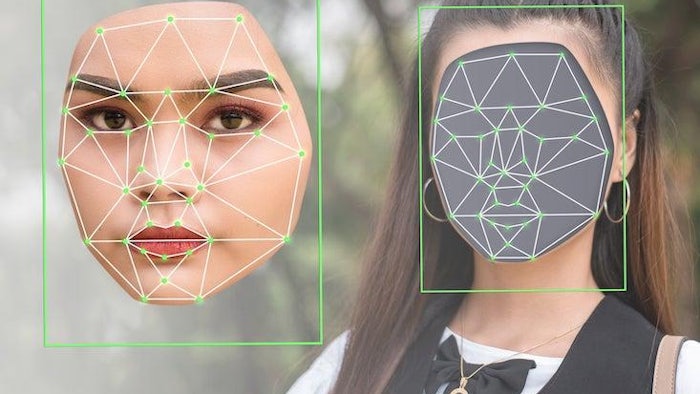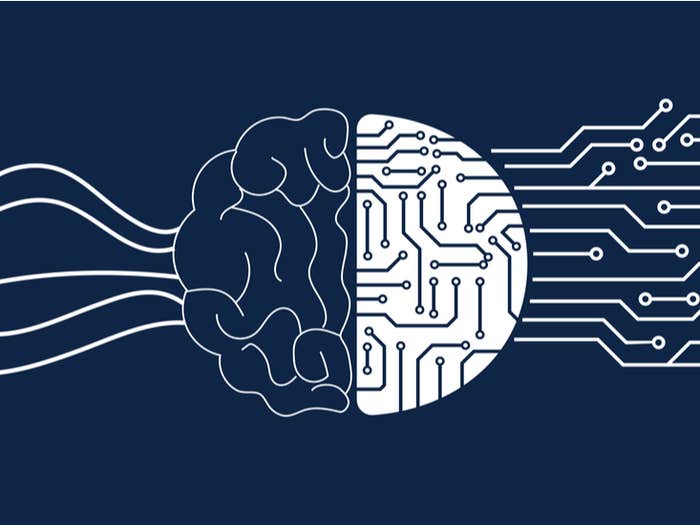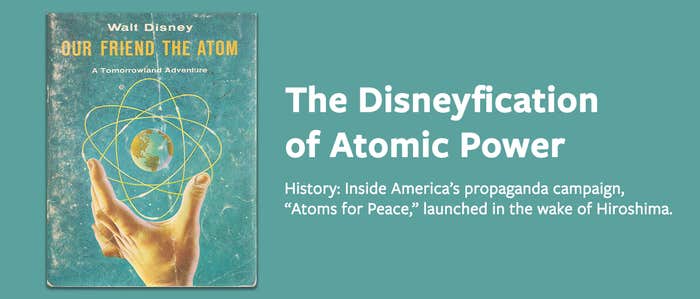Issue_107
25 articles-
Why AI Lags Behind the Human Brain in Computational Power
It might be more accurate to think of many of the brain’s 10 billion neurons as being deep networks, with five to eight layers in each one. -
Everyday Noises Are Making Our Brains Noisier
How to protect yourself from the din that surrounds you. -
Your Brain Is Like Beethoven
We survive noise by transforming it into patterns, like composers create music. -
Neuroscience’s Existential Crisis
We’re mapping the brain in amazing detail—but our brain can’t understand the picture. -
How Tycoons Created the Dinosaur
The story of dinosaurs is also the story of capitalism.
-

One of the Most Egregious Ripoffs in the History of Science
A new history of the race to decipher DNA reveals Shakespearean plots of scheming.
-

The Spiritual Consciousness of Christof Koch
What the neuroscientist is discovering is both humbling and frightening him.
-

Neuroscience Weighs in on Physics’ Biggest Questions
A theory of consciousness can help build a theory of everything.
-

We Are Beast Machines
We understand conscious experiences only in light of our nature as living creatures.
-

Weird Dreams Train Our Brains to Be Better Learners
For many of us over the last year and more, our waking experience has, you might say, lost a bit of its variety. We spend more time with the same people, in our homes, and go to fewer places. Our stimuli these days, in other words, aren’t very stimulating. Too much day-to-day routine, too much […]
-
The Safety Belt of Our Solar System
Mapping the heliosphere, which shields us from harmful cosmic rays. -
Order Flocking Out of Chaos
A physicist-turned-photographer captures the incredible harmony of starling murmurations. -
The Disneyfication of Atomic Power
Inside America’s propaganda campaign, “Atoms for Peace,” launched in the wake of Hiroshima. -
The Math of the Amazing Sandpile
To understand self-organization in nature, behold the sandpile. -
How to Build a Society for All to Enjoy
To make social structures more equal, we can’t blind ourselves to genetics.





























